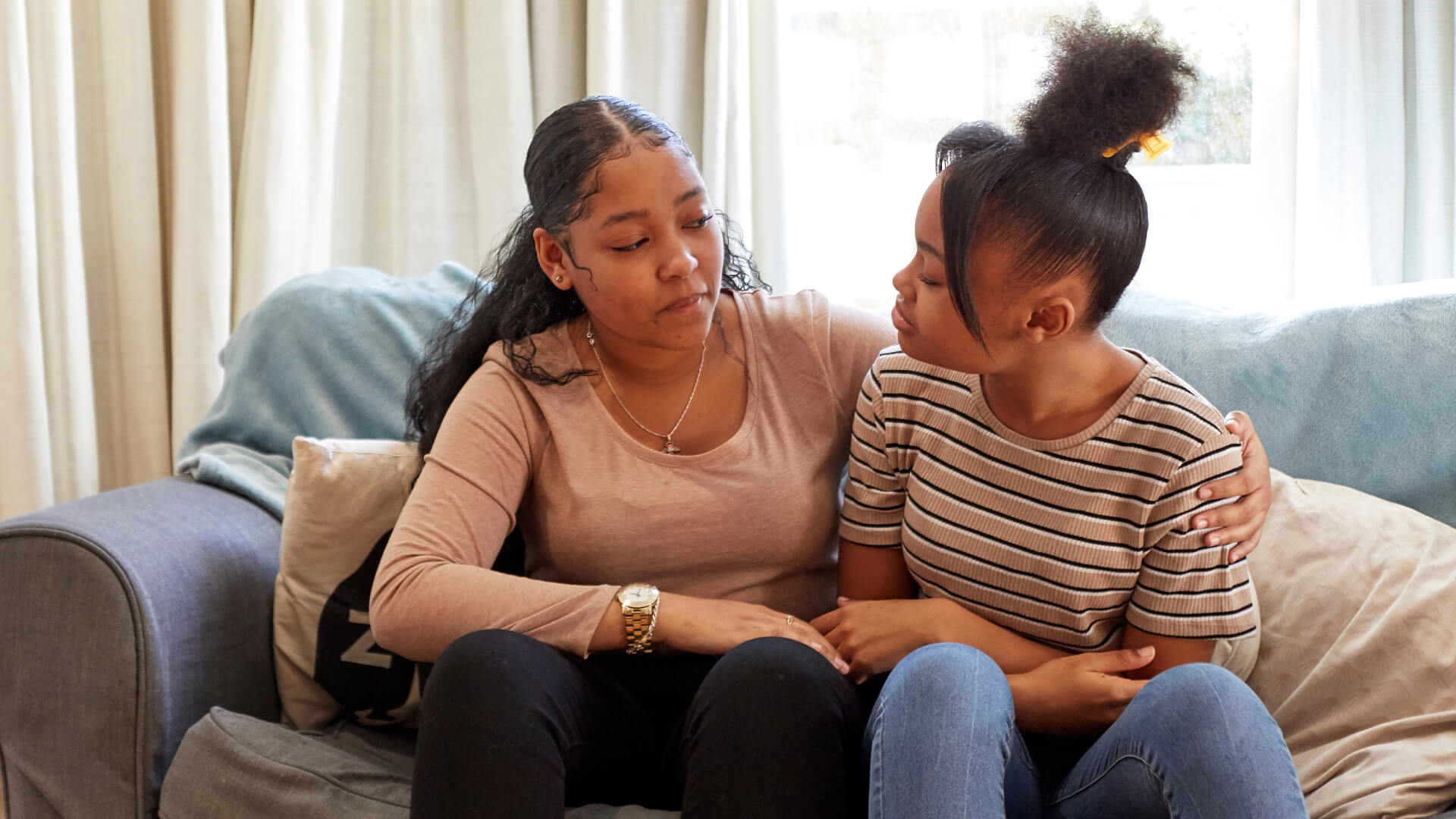Evidence

Games Health J. 2024 Jul 10. doi: 10.1089/g4h.2023.0174. Online ahead of print.
ABSTRACT
Objective: Following the initial measures taken to manage the repercussions of the COVID-19 pandemic, mental health conditions have become a critical concern. Mental health has become a foremost priority not only for health care providers but also for many other organizations, such as educational institutions, companies, and government agencies. A significant proportion of the Australian population having experienced mental disorders highlights the need for effective interventions. Those with pre-existing mental health issues experienced particularly pronounced effects. Among these challenges, advancements in technology offer new possibilities for mental health support. Videogames have shown effectiveness in mitigating symptoms of depression. Previous research has shown that game interface preferences correlate with players’ emotional responses. This study aims to use MoodJumper, a game we designed, developed, and evaluated to examine the choice of game preferences in individuals with depressive symptoms. Materials and Methods: A pilot study was carried out after obtaining the Human Ethics committee’s approval (n = 20). The participants were asked to fill out a Patient Health Questionnaire-9 (PHQ-9) questionnaire. They then played with the MoodJumper game for 20-30 minutes. Upon completing the game session, they were asked to fill out a questionnaire regarding their experience. Results: The results indicate a nonsignificant correlation between music preference, the direction of movement, and depressive symptoms meaning no significant relationship was found between depressive symptoms and chosen settings. However, a significant negative correlation was found between decision-making ability regarding game preferences and Patient Health Questionnaire-9 scores showing the difficulty of choosing preferred settings when having depressive symptoms. Conclusion: This contribution paves the way for designing and evaluating more impactful game experiences for individuals with mental health challenges.
PMID:38985574 | DOI:10.1089/g4h.2023.0174



Estimated reading time: 5 minute(s)
Latest: Psychiatryai.com #RAISR4D Evidence

Cool Evidence: Engaging Young People and Students in Real-World Evidence

Real-Time Evidence Search [Psychiatry]

AI Research

Understanding the Relationship Between User Game Preferences and Depressive Symptoms: A Pilot Study

🌐 90 Days
Evidence Blueprint
Understanding the Relationship Between User Game Preferences and Depressive Symptoms: A Pilot Study

☊ AI-Driven Related Evidence Nodes
(recent articles with at least 5 words in title)
More Evidence




